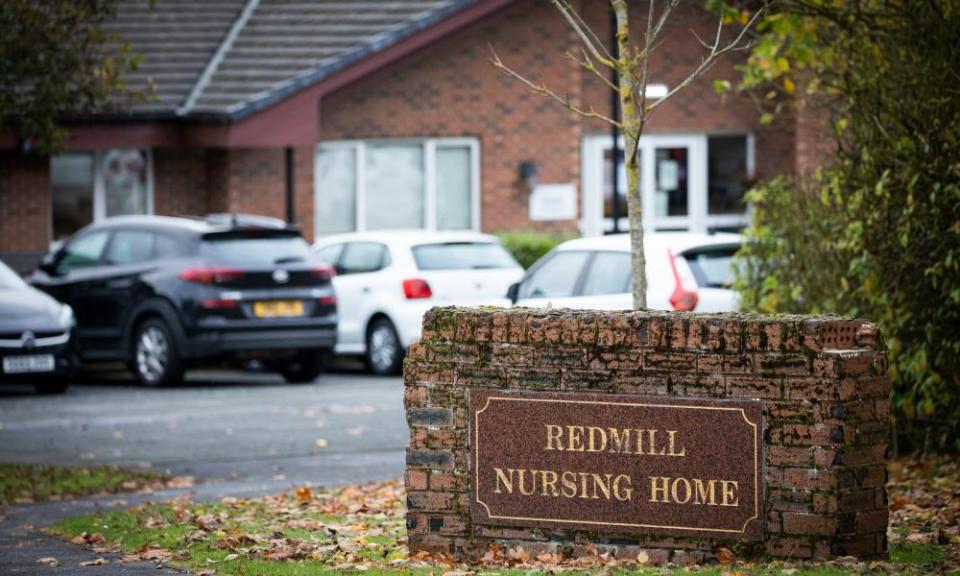UK's largest care homes provider to sell off 52 facilities

The UK’s largest care homes company is to sell dozens of its homes and focus on more specialised care, amid warnings that some operators are being pushed to the brink of closure.
HC-One will sell 52 homes – almost one in six in its portfolio – as it moves away from providing residential care, where people might live for years, towards more high-dependency care for people with complex dementia and other needs. It will also close four homes, it announced on Monday.
Elsewhere in the sector, plunging occupancy caused by Covid and falling fees from councils are threatening the viability of some private homes. On Monday Care England, the industry body that represents major providers, called on the chancellor, Rishi Sunak, to inject £7bn into social care in Wednesday’s budget.
Some councils have told providers they will not be able to increase fees for residents next year to offset rising costs as a result of the pandemic. Some of the fee rates will remain flat or below inflation, an ongoing survey of Care England members has shown. Meanwhile, occupancy has slumped among not-for-profit care homes, to 79% from about 90% in 2019, a survey by the National Care Forum (NCF) found.
“The sustainability of many services is coming under significant pressure across the not-for-profit sector,” said Vic Rayner, the executive director of the NCF. “There is a very real concern that providers may not be able to continue to operate existing services.”
HC-One’s move could signal the start of a significant shift in the provision of elderly care as a battered sector emerges from the Covid crisis. The toll of more than 40,000 coronavirus deaths in UK care homes has deterred many families from sending in people who could be cared for at home. Increasing longevity is also likely to increase demand for care facilities with more specialist care, particularly for complex dementia.
Rachel Harrison, a national officer for the GMB trade union that represents some care home staff, said: “This announcement from one our biggest social care providers is having to sell off and transfer care homes during the biggest public health crisis in all our lifetimes just shows how broken the current system is – maybe even on the verge of collapse.”
The union is calling for the HC-One homes being sold to be brought under local authority control with the government funding the transition costs. “Never before has a properly funded national care service been so important,” she said.
default
James Tugendhat, the chief executive of HC-One, said the changeshad been planned before the pandemic but that families had become more wary of sending loved ones to live in residential care homes during the crisis – initially because of safety fears but more recently because they were concerned they would not be able to visit due to infection control procedures. He said growing demand for care at home was also squeezing the traditional residential care home market.
“We are determined to invest where we can have the greatest impact and more effectively ready ourselves for the evolving needs of those we care for,” he said. Complex care also tended to attract higher fees, and commissioning councils were indicating they wanted more nursing care and less residential care, he said.
About 28% of operators responding to a recent NCF survey said they had not yet been offered any fee increase by council commissioners, and of the 39% that had, just under half had had an offer of an increase of less than 2.2%.
Rayner said: “The sector is under enormous pressure at the moment. However, it is patently clear that strategic and substantive investment in social care has the potential to transform the lives of individuals, the communities they are part of and the country as a whole.”
Martin Green, the chief executive of Care England, also highlighted the end of a key government rescue package, the infection control fund, planned for 31 March. “The costs associated with the pandemic are by no means going to subside in the short term. This is of particular concern given the low fees currently being proposed by many local authorities for 2021-22,” he said. “As such we would welcome support from the government.”

 Yahoo Finance
Yahoo Finance 